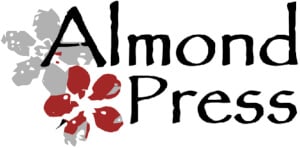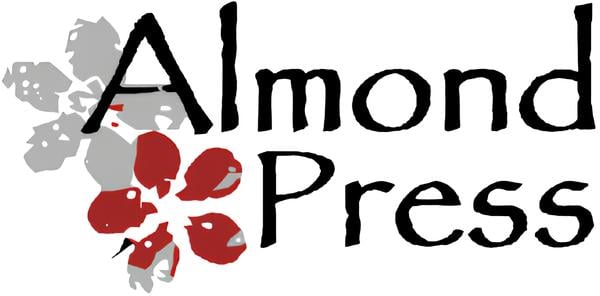3 Ways to Get Back Into Your Writing Routine
Writer’s block can happen to anyone but this doesn’t make it easier. There’s nothing pleasant in staring at the blank Word document and trying to think of what to write, especially when you need to write it as soon as possible. Moreover, it can affect all kinds of people: experienced writers working on a book at a slow pace, bloggers who have a certain writing schedule, and students who have a lot of essays to write. If you are a student, it’s not as scary as it seems. You can always ask for help with your research paper or an essay. However, if writing is your job, you need to overcome the block as soon as possible.
How do you do it? With the help of simple strategies that I’m going to share with you. Not all of them are actually about writing, but don’t be surprised by that: they still can help you.
1. Eliminate all distractions
When you cannot afford to wait for inspiration to strike, you have to force yourself to write. However, if you have a writer’s block, it’s hard to do so: when you don’t feel like writing, everything distracts you.
That’s why it is so important to make concentration easy for yourself by eliminating all distractions. To do so, clean your room first: this way you won’t be tempted to go clean some dusty shelves instead of writing. Second, organize your workplace: surround yourself only with things that can actually help you with your writing. Third, turn off all the notifications and resist the urge to check your social media once in a while.
You can also use special tools that can help to make your writing process more productive. For example, Chrome add-on called StayFocusd allows blocking websites for a certain period of time, and RescueTime add-on analyzes the time spent in a browser and shows you how much time you spend on websites that are actually useful to you.
2. Use some inspiration
There are so many things that can help you overcome writer’s block. And I’m not talking about inspirational movies and books only. Actually, you can find some useful techniques and tasks online and try writing a letter to an imaginary person, for example, or looking at the last sentence of a random book and then trying to write a short novel ending with this sentence.
Freewriting is in amazing technique too, but if it does seem too challenging, you can start with writing morning pages – just like Joanna Cameron advises in her book “The Artist’s Way”. Going on a short walk is a good thing too: you could notice something that you can use later as a detail in your story, or you can spend some time thinking about a plot, etc.
3. Create a plan
Writing is much easier with a plan – and the more detailed this plan is, the better it is for you. Even if you don’t have a clear idea in mind yet, you should still try writing something down, whether it’s your associations, preferences, etc. Then try putting them all together. You could use a mind map to make it easier.
It doesn’t matter if the main idea of your writing piece seems too small. Actually, there’s even a writing technique for that: it’s called the Snowflake Method and it allows building a big plot from only one sentence. This technique is easy: first, you have to describe your idea in one sentence. Then try turning it into a paragraph, two paragraphs, and so on until you have a detailed plan lying in front of you.
A detailed plan is probably the worst enemy of a writer’s block. When you have everything written down in details in front of you, you just have to force yourself to sit and write it. And sometimes that’s all you need to do: simply start writing until the inspiration returns.
While writer’s block is definitely an unpleasant thing, it can be overcome with time and effort. What’s important here is to be patient. Don’t punish yourself for not being able to write at the moment, encourage yourself to work on it instead, so you can overcome the block easily and happily.
I wish you good luck with that!
- How to Write: Steering Clear of Distractions - May 13, 2017
- 3 Ways to Get Back Into Your Writing Routine - December 17, 2016


